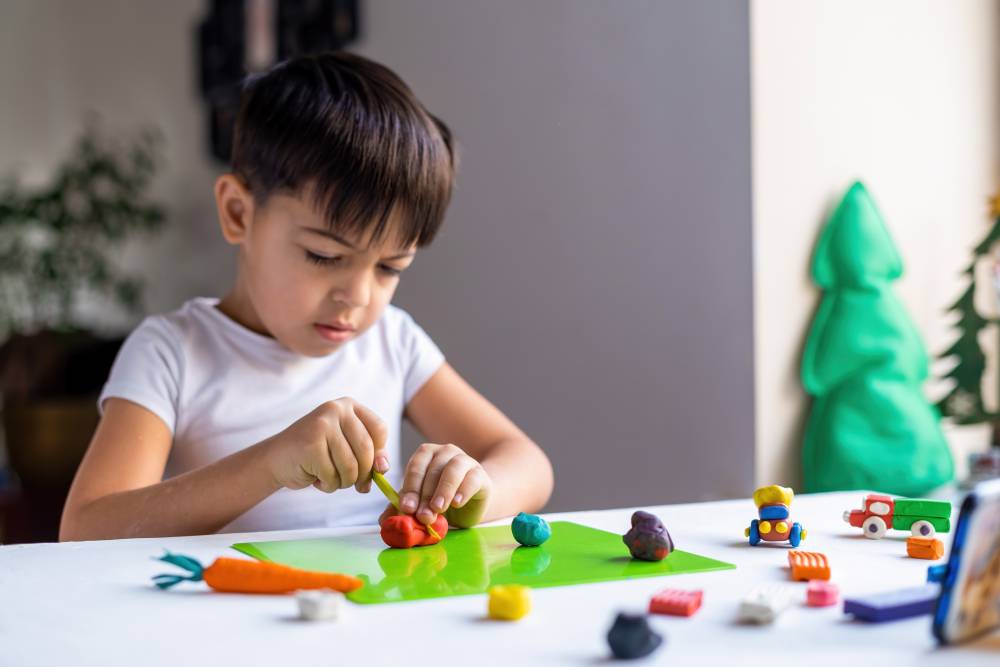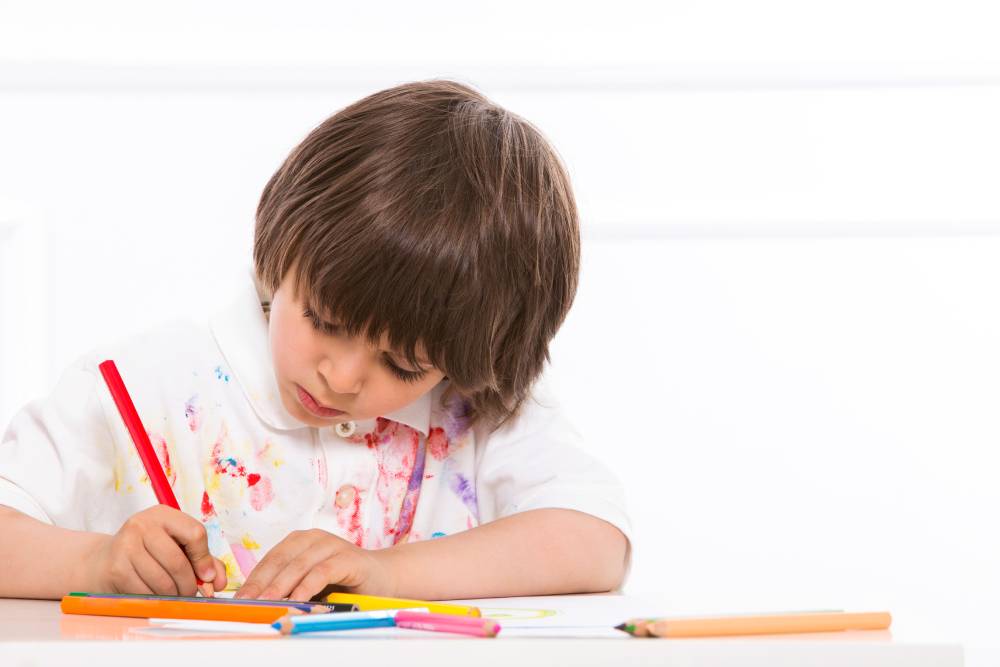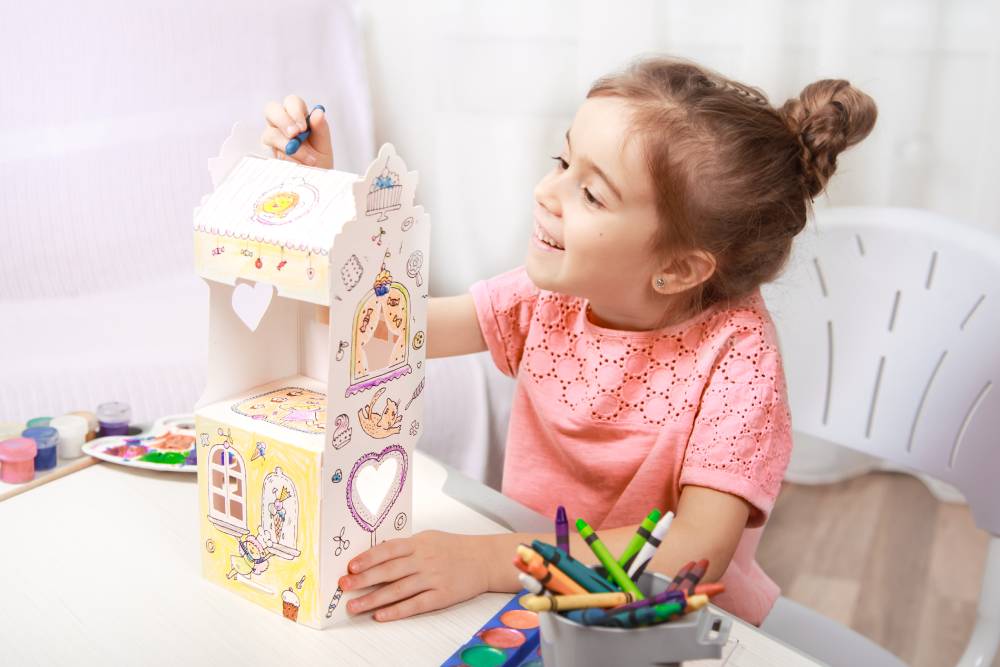Managing ADHD in children can be a challenge for parents and caregivers. Attention Deficit Hyperactivity Disorder (ADHD) affects a child’s ability to focus, regulate impulses, and behave in typical ways in social and academic settings. While traditional methods, such as medication, have been commonly used, holistic ADHD therapy for children offers a more natural and comprehensive approach to managing the disorder. This blog will explore practical strategies for managing ADHD in children using holistic therapies and how they can improve your child’s overall well-being.
What is Holistic ADHD Therapy for Children?
Holistic ADHD solutions focus on the whole child—mind, body, and spirit—rather than solely addressing the symptoms of ADHD. The goal is to treat the underlying causes of ADHD and promote balance in all aspects of a child’s life. Holistic therapies aim to improve concentration, emotional regulation, and behavior without relying on medication. By using a combination of natural methods, such as diet, lifestyle changes, and therapeutic techniques, holistic approaches can provide long-term benefits for children with ADHD.
Benefits of Holistic ADHD Therapy
There are several benefits to adopting a holistic approach for managing ADHD in children. These benefits can include:
Improved Focus and Attention
Holistic ADHD therapy for children often helps improve focus and attention by addressing diet, sensory needs, and environmental factors. By creating an environment conducive to focus, children with ADHD can develop better concentration skills.Enhanced Emotional Regulation
ADHD is often associated with difficulty in controlling emotions. Holistic therapies, such as mindfulness and relaxation techniques, teach children how to manage their emotions effectively, reducing impulsivity and mood swings.Reduced Dependence on Medication
Many parents seek holistic ADHD solutions as a way to reduce or eliminate their child’s dependence on medications. While medication may be necessary for some children, holistic therapies provide a viable alternative or complement to medication.Holistic Approach to Overall Health
A holistic approach treats the whole child, meaning their physical, mental, and emotional health are all considered. This method promotes healthy habits, improves sleep, and fosters positive social skills.
Practical Approaches to Managing ADHD in Children Naturally
There are various holistic therapy options available to children with ADHD. Some effective strategies include:
Nutritional Adjustments
Diet plays a significant role in managing ADHD symptoms. Research suggests that certain foods can help improve brain function, while others may exacerbate ADHD symptoms. Nutritional adjustments, such as reducing sugar and processed foods, and increasing omega-3 fatty acids, can improve cognitive function and mood stability.
Parents should consult with a pediatric nutritionist to create a balanced diet for children with ADHD. A diet rich in whole foods, such as fruits, vegetables, lean proteins, and healthy fats, supports brain health and helps regulate energy levels.
Mindfulness and Meditation Techniques
Mindfulness practices, such as deep breathing, meditation, and visualization, are highly effective in helping children with ADHD manage stress, anxiety, and emotional imbalances. These techniques encourage children to stay focused on the present moment, thereby reducing mental distractions that often lead to impulsive behavior.
Furthermore, many children with ADHD experience racing thoughts, which can make it difficult for them to settle down. However, through mindfulness practices, children can gradually learn to calm their minds. This improvement in mental clarity not only boosts focus but also enhances emotional control.
Physical Exercise
Physical activity is another crucial element of holistic ADHD solutions. Exercise helps children expend excess energy, which can alleviate restlessness and hyperactivity. Activities like swimming, cycling, and team sports provide structure, promote teamwork, and improve motor coordination.
Regular exercise boosts the production of neurotransmitters, such as dopamine and serotonin, which are crucial for mood regulation and focus. Incorporating physical activity into a child’s daily routine can help manage ADHD symptoms effectively.
Behavioral Therapy
Behavioral therapy is a core component of holistic ADHD treatment. This therapy focuses on reinforcing positive behavior and discouraging unwanted behaviors. Techniques like positive reinforcement, reward systems, and creating structured routines help children with ADHD stay organized and stay on track.
Cognitive Behavioral Therapy (CBT) is a type of behavioral therapy that can also be used to address negative thought patterns and improve self-esteem. Children learn how to manage their thoughts and behaviors, which reduces stress and enhances emotional regulation.
Sleep Hygiene
Poor sleep can exacerbate ADHD symptoms. A lack of proper rest affects focus, memory, and emotional regulation. Holistic ADHD therapy for children often includes sleep hygiene strategies, such as establishing a consistent bedtime routine, limiting screen time, and creating a calming sleep environment.
Ensuring that children with ADHD get enough restorative sleep improves their cognitive function and emotional well-being. Parents can support healthy sleep by making environmental adjustments and encouraging relaxation techniques before bed.
Sensory Integration Therapy
Children with ADHD may also experience sensory processing issues. Sensory integration therapy addresses sensory sensitivities, helping children process sensory input more effectively. This therapy helps children become less overwhelmed by sensory stimuli, such as bright lights, loud noises, or certain textures.
Sensory activities, such as playing with sand or engaging in proprioceptive exercises, can help children regulate their sensory input. This, in turn, reduces anxiety and improves focus.
Herbal and Natural Supplements
Some parents choose to incorporate natural supplements as part of a holistic approach to managing ADHD. Omega-3 fatty acids, magnesium, and zinc have been shown to improve cognitive function and reduce hyperactivity. However, it is essential to consult with a healthcare provider before using supplements to ensure safety and effectiveness.
Social Skills Training
ADHD can affect a child’s ability to interact socially. Holistic ADHD solutions often include social skills training, which helps children develop appropriate communication and interpersonal skills. Through role-playing and guided social interactions, children with ADHD learn how to form meaningful connections with peers and adults.


Implementing Holistic ADHD Therapy at Home
While professional therapies are vital for managing ADHD, there are several strategies parents can implement at home to support their child’s progress. These include:
Create a Structured Environment
Children with ADHD thrive in structured environments. Having clear routines and expectations can help children with ADHD feel more organized and in control. Parents can use visual schedules, timers, and task lists to promote independence and reduce distractions.Encourage Positive Reinforcement
Praise and reward systems help motivate children to follow through on tasks and manage their behavior. Positive reinforcement boosts confidence and reinforces desired behaviors, such as completing homework or staying on task.Foster Open Communication
Open communication is key when managing ADHD. Regularly check in with your child about their feelings and any challenges they are experiencing. This helps them feel understood and supported.Create a Calming Space
A quiet, designated space where children can retreat when they feel overwhelmed is beneficial. This space should be free of distractions and equipped with calming tools, such as weighted blankets or sensory toys.
Conclusion
Managing ADHD in children requires a multi-faceted approach. Holistic ADHD therapy for children offers a well-rounded, natural solution that focuses on the child’s overall health and well-being. By incorporating strategies such as dietary changes, physical activity, mindfulness, and behavioral therapy, parents can effectively support their child’s development and help them manage ADHD symptoms. With consistent effort and the right holistic strategies, children with ADHD can thrive in their social, academic, and emotional lives.
If you’re looking for expert guidance on holistic ADHD solutions, Twinkle Therapies can help. Our team offers personalized therapy plans designed to address the unique needs of each child. Contact us today to learn more about how we can support your child’s growth and success.
